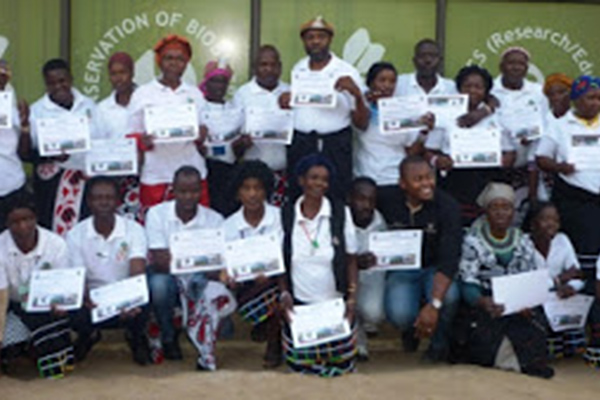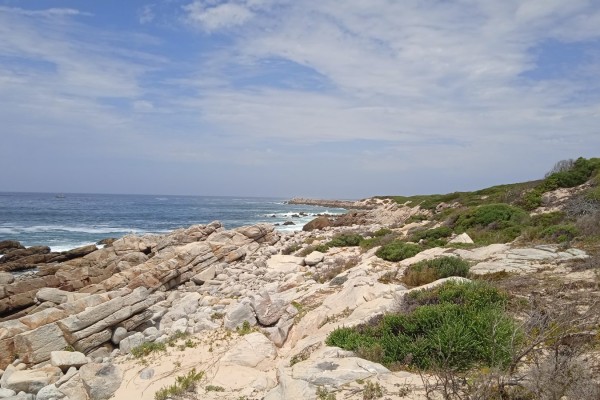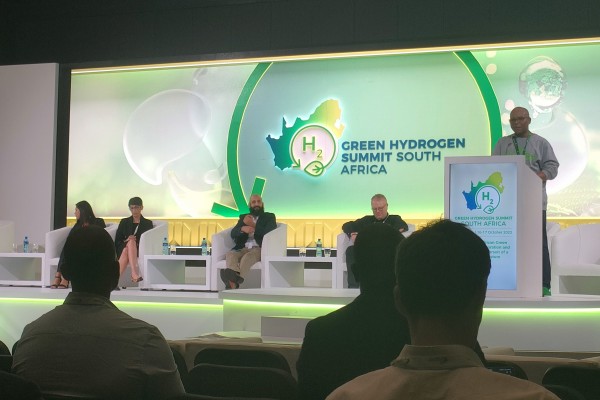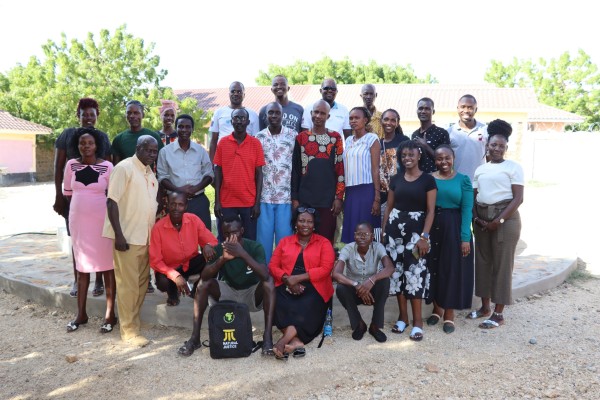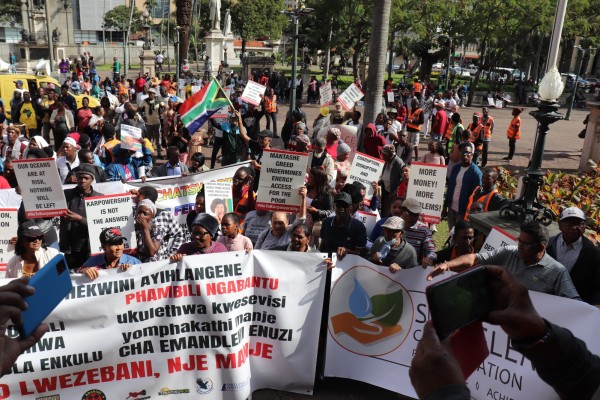
Natural Justice’s Cath Traynor together with Mina Buthelezi (SANParks BSP/K2C Data Collector & Field Assistant), and Prof. Wayne Twine (Wits University) facilitated a 3-day workshop with the Kukula Traditional Health Practitioners Association to revise their bio-cultural community protocol (BCP). The Kukula’s original BCP was finalized in 2010, and the past 6 years have seen a growth in Kukula membership, a change in their priorities plus the introduction by the South African Government of several new laws and policies which will impact the Kukula. The objectives of the workshop were to (i) finalize the BCP revision process, (ii) focused discussions concerning leveraging the revised BCP, (iii) furthering engagement around medicinal plant issues with protected areas managers, and (iv) peer-to-peer learning exchange with Ndindani Community Nursery in Phalaborwa.

During the first session of the workshop the Kukula agreed on a BCP revision process, this was then followed by a discussion of new laws and policies of relevance to the Kukula, which had been analysed by Johan Lorenzen. These included a reminder of the ‘Indigenous Knowledge Research Ethics Policy’, and an introduction of the possible implications of the ‘Bioprospecting, Access and Benefit Sharing Amendment Regulations, 2015, made in terms of the National Environmental Management Biodiversity Act 10 of 2004, and the Intellectual Property Laws Amendment Act, 2013.

Further sessions on the first day related to engaging with protected areas managers. Prof. Twine (Wits University) facilitated the session which included a mapping exercise to demonstrate the geographic coverage of Kukula members, and Louise Swemmer (Social & Economic Scientist, Savanna & Arid Research, Kruger National Park, SANParks) discussed SANParks Pepper Bark Project and engaging traditional healers [the pepper-bark (Warburgia Salutaris ) is an endangered species, once widespread in South Africa but now limited to monitored populations inside protected areas, it is threatened by harvesters who strip it’s bark in an unsustainable way – the bark is used in traditional medicines]. Tshifhiwa Ramatshimbi from Mariepskop Forest Reserve then provided an update on the application procedures to harvest plants or seeds from the reserve and actions required to ensure adherence to regulations.
The second day of the workshop focused on procedural issues relating to healing and traditional practitioners and included a practical session exploring medical certificates for sick leave. New developments were then discussed and these included a data monitoring framework introduced by Mina Buthelezi, fundraising initiatives, and Dr. Britta Rutert introduced (via teleconference) a new potential research project with a focus on indigenous entrepreneurs, within which the Kukula will consider participation.

On the final day of the workshop the Kukula traveled up to Ndindani Community Nursery in Phalaborwa, Limpopo Province. There they met key nursery members and also Michele Hofmeyer (Skukuza Indigenous Plant Nursery, SANParks), and Thembi Marshal (K2C) who have been assisting the members to establish the nursery and develop a business plan. Challenges were shared which included developing business plans with short-medium- and long-term strategies, moving from funding to income generation phases, accessing land and markets, and utilizing the land available fully by planting a variety of seasonal produce. The Ndindani Nursery members then escorted the Kukula on a nursery tour highlighting their vegetable produce and also their recently established medicinal plant nursery, which includes pepper-bark saplings. During the tour the Kukula identified some additional indigenous medicinal plant species growing within the nursery grounds.
During the workshop the Kukula had highlighted the importance of certificates, and thus at the end of the workshop ‘certificates of attendance’ were provided for all participants. Over the next few months the Kukula hope to finalize the text of their revised BCP, and deepen their relationships with SANParks and Mariepskop Forest Reserve.


